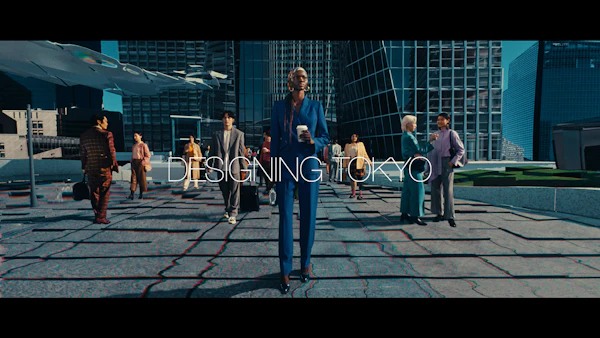【Mori Art Museum】Louise Bourgeois: I have been to hell and back. And let me tell you, it was wonderful.
The Mori Art Museum, in Tokyo, is pleased to present Louise Bourgeois: I have been to hell and back. And let me tell you, it was wonderful. from Wednesday, September 25, 2024 through Sunday, January 19, 2025.
Louise Bourgeois (born 1911 in Paris; died 2010 in New York) is one of the most important artists of the last century. During a career that spanned 70 years, and in a wide variety of media - including installation, sculpture, drawing, and painting - she explored the tensions within binary oppositions through unrivaled formal invention. Polarities such as male and female, passive and active, figuration and abstraction, conscious and unconscious, and others, often coexist within the same work.
Bourgeois's art was inspired in part by the complex and at times traumatic events of her early childhood. The act of restaging her memories and emotions allowed her to sublimate them into universal motifs and to express contradictory emotional and psychological states: hope and fear, anxiety and calm, guilt and reparation, tension and release. Performances and sculptures that foreground sexuality, gender, and the lived body have been highly acclaimed also within a feminist context.
Bourgeois's art has had a profound influence on many artists and continues to be exhibited at major museums around the world. This exhibition, Bourgeois's first in Japan in 27 years and her largest solo exhibition in the country to date, will showcase approximately 100 works across three chapters that offer a comprehensive overview of her practice.
The subtitle of the exhibition, I have been to hell and back. And let me tell you, it was wonderful. is taken from a late fabric work in which Bourgeois embroidered these words on a handkerchief. It alludes to the fluctuations and ambivalent character of her emotions, as well as hinting at her black sense of humor.
Bourgeois saw herself as a survivor. Her body of work expresses her strong will to live and promises ways of overcoming the sometimes "hellish" suffering of mankind, which is all too often exacerbated by war, natural disaster, and disease.



